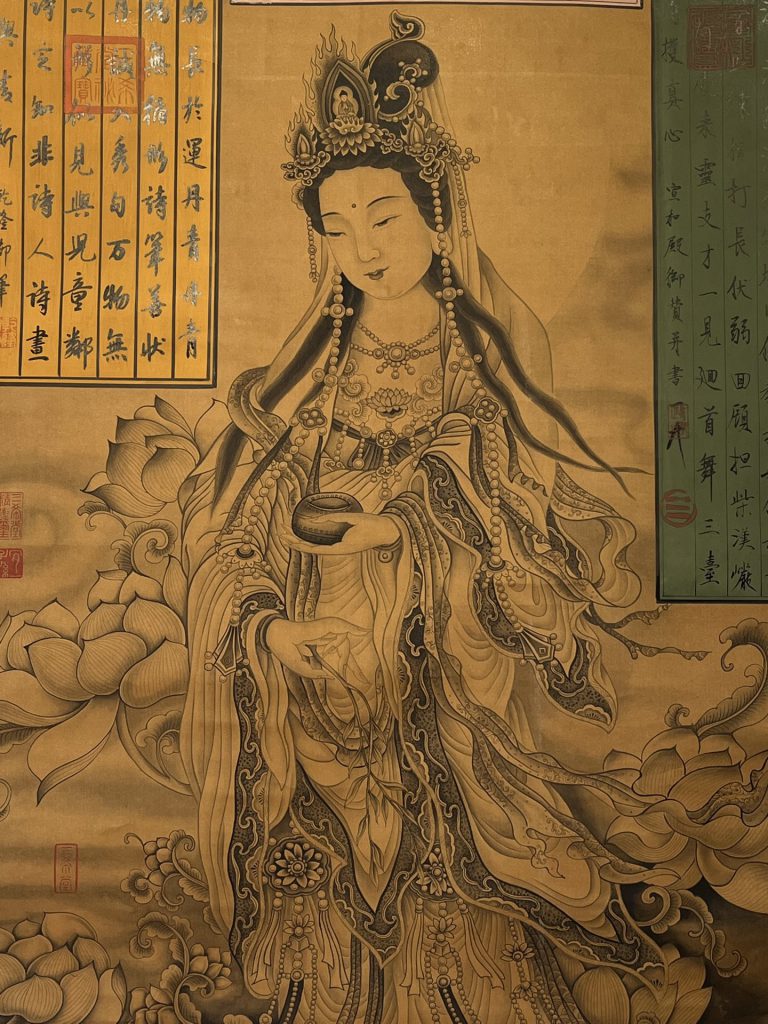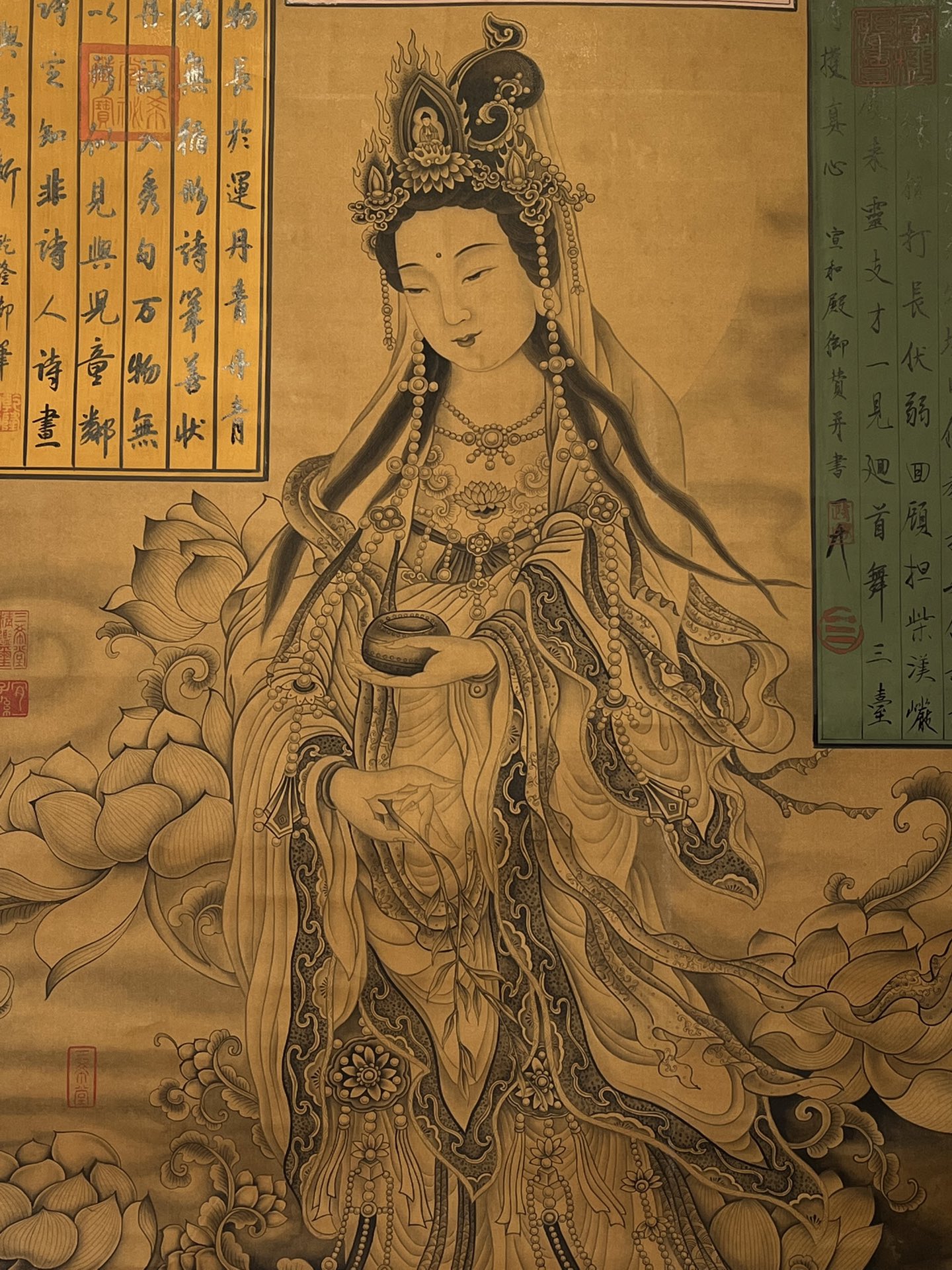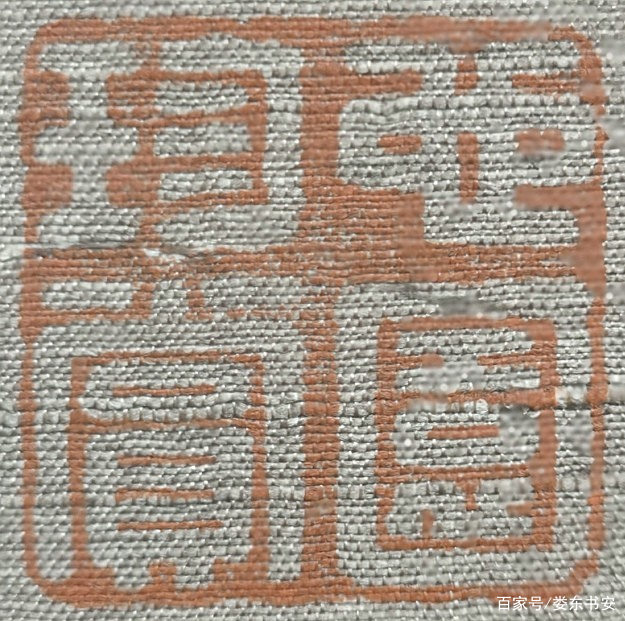Today, the History Encyclopedia editor brings you the story of An Lushan. Interested readers can follow the editor to take a look together.

In 755 AD, An Lushan rose up in Fanyang and led 150000 troops to start a decade of chaos. Unlike ordinary uprisings, An Lushan did not rise up in rebellion, but rather to overthrow the Tang Empire and gain greater power and wealth.
A long time ago, An Lushan joined the army, and at that time he was just a large soldier under the command of the Youzhou Jiedushi. An Lushan had no background or connections, but he had the intelligence and ability. Soon after, he rose step by step with military achievements, until he was promoted to the position of Sanzhen Jiedushi.
Although An Lushan was a rebel, his path was very solid. Whether it was leading troops or managing power, few people were his opponents. The soldiers led by such a fierce general are naturally not inferior. Throughout the course of history, in many cases, border defense generals did not die from their opponents, but from the hands of small and medium-sized officials in the court.

An Lushan had a very clear mind about this. He rose through the ranks through military achievements and immediately met Emperor Xuanzong of Tang. He did everything possible to win the favor of the emperor and Yang Guifei, so he had a solid backing. So, An Lushan knew every move of the central government like the back of his hand, and with the favor and trust of Emperor Xuanzong of Tang, almost no one could touch him.
Under the favor of Emperor Xuanzong of Tang, An Lushan’s power grew stronger and stronger. In pursuit of his dream of becoming an emperor, he trained his army into a private army and only listened to his commands. Those generals obeyed him obediently, and only with such an army could great achievements be made.
After years of operation, An Lushan’s army has strong combat power and can pacify foreign tribes externally, but internally it is a vicious greedy wolf. For a long time, the Tang army was unable to confront the rebels head-on. Even Guo Ziyi and Li Guangbi needed to rely on Jiancheng to gradually eliminate the rebels.
An Lushan has such a strong army, why was it pacified in ten years?
1、 Tang Xuanzong made a wrong decision, resulting in the loss of Tongguan
The reason why An Lushan was able to rebel and create a huge wave is closely related to the indulgence of Emperor Xuanzong of Tang. An Lushan fought very well, and Tang Xuanzong believed that his loyalty was unwavering. Even though many people said that An Lushan showed signs of rebellion, Tang Xuanzong ignored them all. Faced with An Lushan’s request, Emperor Xuanzong of Tang fully approved it and even made an exception by giving him a large number of blank appointment letters, allowing him to freely fill in his official position.
According to historical records, there was a rebellion in Lushanyin. He built the Xiongwu City north of Fanyang, presented it to the enemy, stored weapons inside, and stored grain as a conservative plan. He had 5000 horses and cattle and sheep, and was also known as the Three Realms. He submitted reports without exception
It was not until An Lushan really rose up that Emperor Xuanzong of Tang had to admit the fact and send troops to resist, and by then it was already quite late. In fact, Emperor Xuanzong of Tang had long known the truth of the matter, but in his heart, he did not want to admit it or take responsibility.
The first generals sent by the Tang court were Feng Changqing and Gao Xianzhi, who were experienced and, if used properly, could have saved Guanzhong. However, due to the fierce attack of An Lushan, the Tang army was forced to retreat. Feng Changqing and Gao Xianzhi did not have time to consult with the court and retreated to Tongguan.
At critical moments in war, that villain always appears, and it is the eunuch Bian Lingcheng who appears. This eunuch is narrow-minded and narrow-minded. Because I had previously demanded bribes from Gao Xianzhi but to no avail, I developed a hatred towards her.
In front of Emperor Xuanzong of Tang, Bian Lingcheng falsely accused Feng Changqing and Gao Xianzhi of inexplicably losing a large amount of territory and stealing military rations. In his later years, Emperor Xuanzong of Tang was quite confused, so he listened to Bian Lingcheng’s slanderous words and executed Feng Changqing and Gao Xianzhi.
Immediately after, Emperor Xuanzong of Tang appointed Ge Shuhan as the commander of Tongguan. Ge Shuhan was also a famous general of the same generation and was well aware of the reasons why Feng Changqing and Gao Xianzhi were killed, but he was really helpless and followed in the footsteps of the first two. Ge Shuhan is facing the villain Yang Guozhong, and before this, there was already a conflict between Ge Shuhan and Yang Guozhong.
In order to kill Ge Shuhan, Yang Guozhong disregarded national interests and forced him to leave Tongguan to fight to the death against the rebels. As mentioned earlier, the rebel forces are strong and the Tang army is no match. As long as they guard Tongguan well, and the rebel forces are unpopular, over time, the morale of the army will inevitably deteriorate. That is the best time to launch an attack.
But the emperor didn’t listen to Ge Shuhan, only listened to Yang Guozhong. He ordered Ge Shuhan to go out of the border to meet the enemy. As expected, Ge Shuhan’s 200000 strong army was almost completely wiped out in Lingbao, and Tongguan was captured by the rebels. Later, Chang’an also became the possession of the rebels.
2、 Tang Suzong’s strategic decision was wrong, which extended the time for suppressing the rebellion
If the Tang army held on to Tongguan, the rebels would definitely not gain any advantage. However, under the wrong command of Emperor Xuanzong of Tang and the slander of petty people, they killed the generals and caused the Tang army to retreat one after another, and the time to eradicate the rebels could only be prolonged.
Tang Xuanzong fled to Bashu, Tang Suzong Li Heng ascended the throne in Lingwu, and Li Heng ascended the throne in turbulent times, re establishing the authority of Li Tang, organizing troops to resist the rebels, and starting to recover Chang’an and Luoyang.
Li Heng heavily relied on Guo Ziyi and Li Guangbi to launch repeated encirclement and suppression campaigns against the rebels, but in the face of great achievements, Li Heng also made mistakes. Li Bi, the top strategist of Li Heng, once helped him make a decision to suppress the rebellion. If Li Guangbi was ordered to leave Jingxing, Guo Ziyi to enter Hedong, Shi Siming dared not leave Fanyang, and An Shouzhong dared not leave Chang’an, and then directly attacked the enemy’s stronghold Fanyang, the rebellion could be quickly resolved.
Li Bi’s analysis was insightful, but Li Heng was eager for quick success and did not adopt it. Li Heng successively recaptured Luoyang and Chang’an, but also gave Shi Siming of Fanyang a chance to breathe, thus prolonging the rebellion.
3、 Rebel leaders often change and internal conflicts are frequent
The puppet Yan regime existed for a total of eight years, with four emperors in total. The speed of change was too fast, and frequent changes in leadership could only accelerate the disintegration of the puppet Yan regime without any benefit.
An Lushan and Shi Siming were the backbone of the rebel army. If An Lushan had maintained good health and absolute leadership over the army, the Tang court would have been in great trouble. Fortunately, shortly after the uprising, An Lushan’s health deteriorated and he fell seriously ill, even blind. Even if An Qingxu did not kill him, An Lushan would not have lived long.
There is no moral obligation for the rebels to fight. They only fight for profit, and An Lushan was able to control them when he was there. However, after An Lushan’s death, An Qingxu clearly did not have that ability, which gave the Tang army a chance to turn things around.
Even Shi Siming didn’t like An Qingxu, so the rebels began to split. Then Shi Siming took the opportunity to kill An Qingxu and became the third emperor of the puppet Yan. Shi Siming is very capable of fighting and has elite troops under his command, but there are also many people who do not accept him. One year later, Shi Chaoyi reenacted the scene of An Lushan and killed his father Shi Siming.
The cycle repeats itself, with father son conflict occurring twice in such a short period of time. This back and forth turmoil has depleted the strength and morale of the rebels, and their downfall has become a matter of time.
If the rebels could unify their leadership and command, and unite as one, it would be very possible to overthrow the rule of the Tang Dynasty. However, in the constant internal strife and power struggle, they would lose the opportunity and find it difficult to achieve great things.



